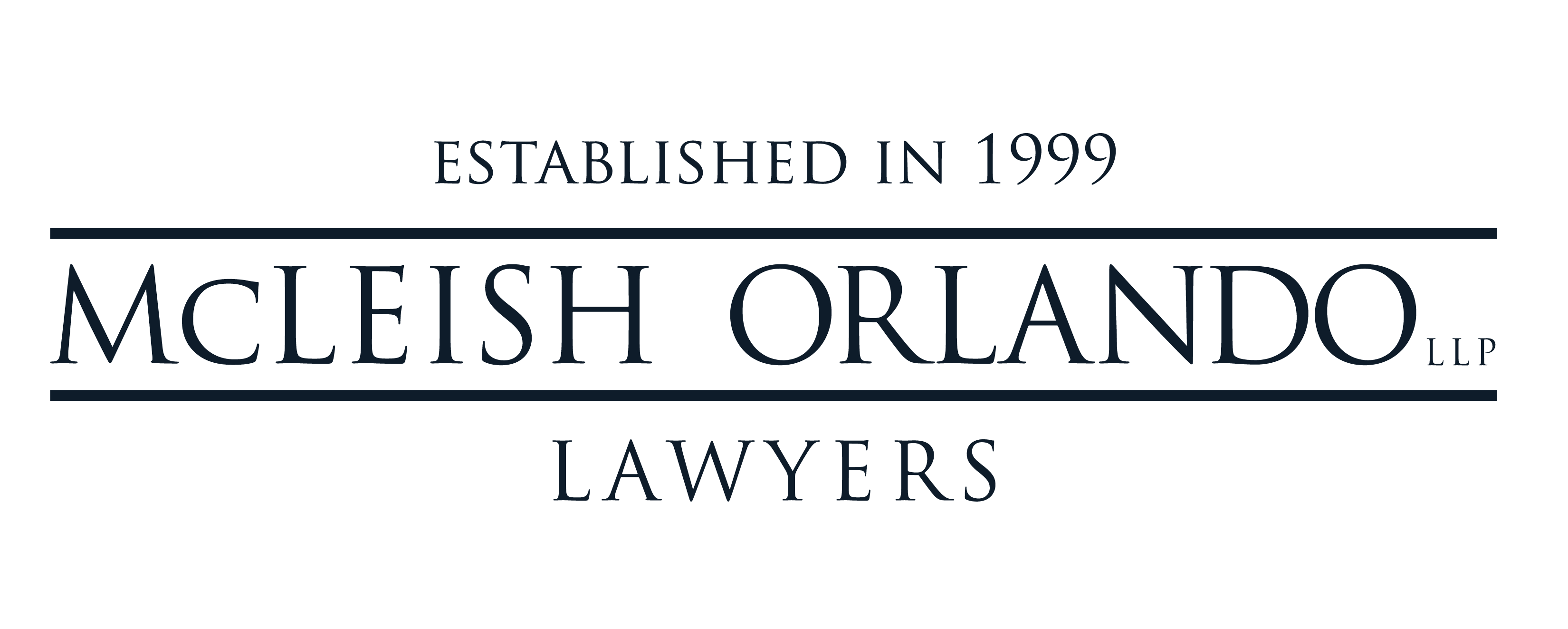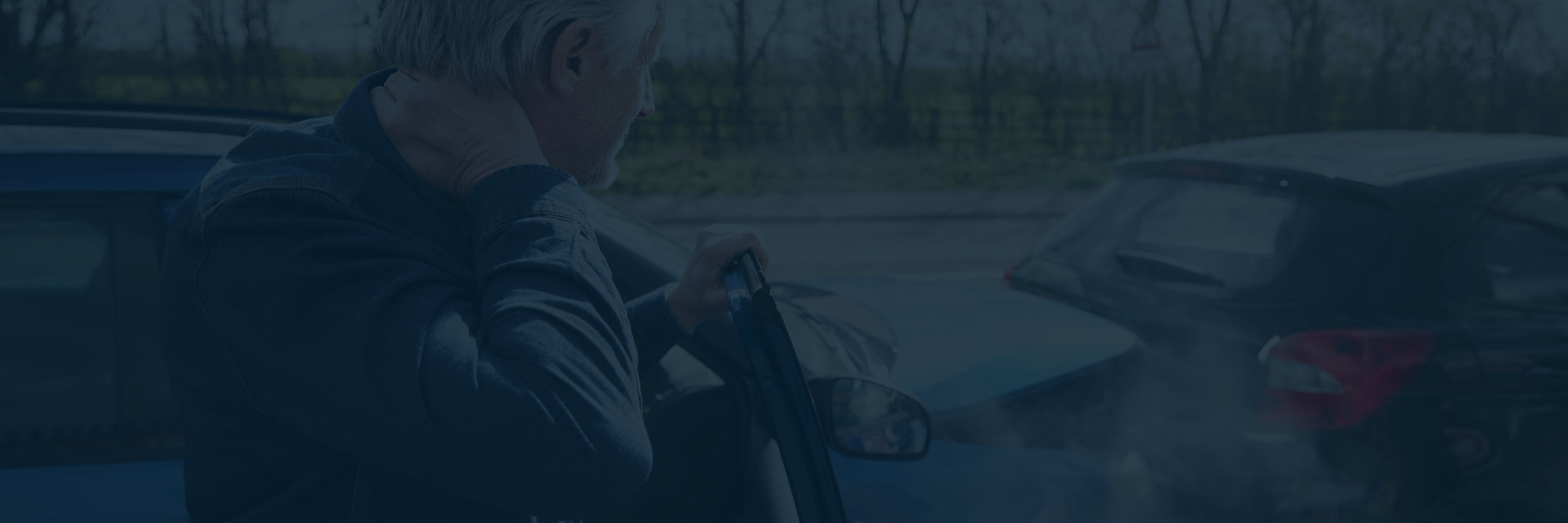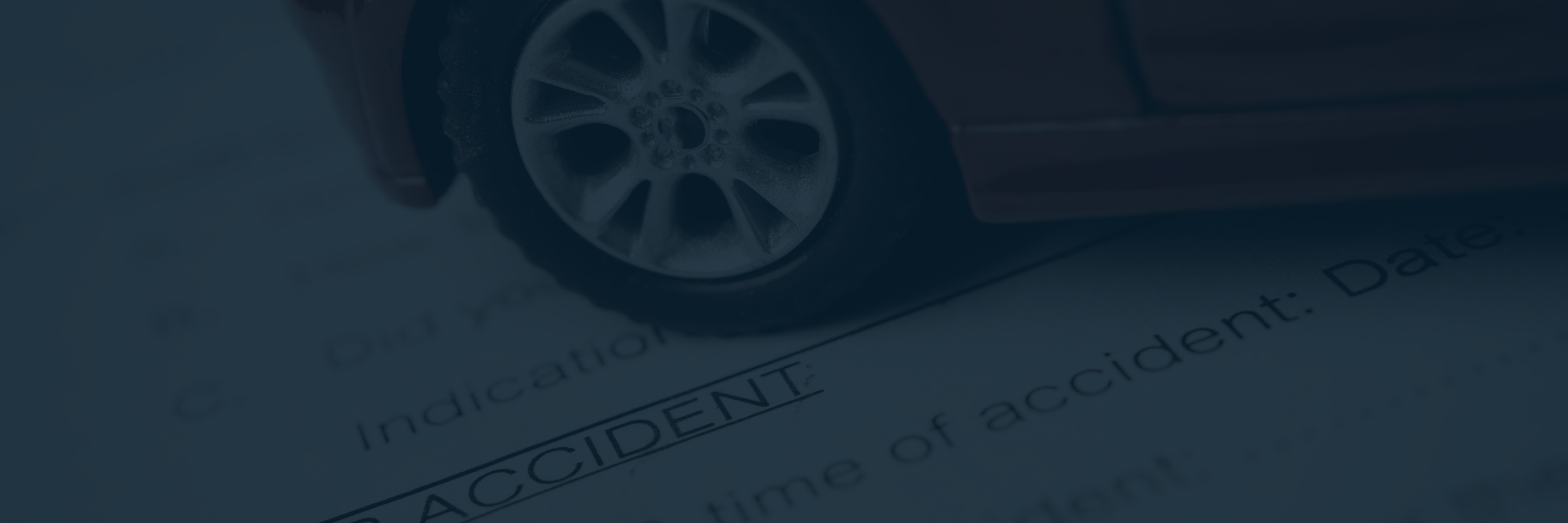Written By: Joseph Cescon, Partner, and Emma Funston-Clarke, Student-at-Law
5 Minute Read
Being involved in a car accident can be a stressful and overwhelming experience. In the aftermath of the collision, it’s easy to feel confused about what to do next. Knowing what to do after a car accident can help protect your safety, ensure your insurance claim goes smoothly, and safeguard your legal rights.
In Ontario, where all drivers are required to carry no-fault insurance, following the proper steps is essential for your recovery and peace of mind. Here is a step-by-step guide on what to do immediately after the crash and in the following days.
Step 1: Check for Injuries and Ensure Safety
The very first priority after any collision is safety. Take a moment to check yourself and any passengers for injuries. If anyone is hurt, call 911 immediately. Even if injuries appear minor, it’s best to have medical professionals assess the situation, as internal or delayed injuries can be serious.
If you can, turn on your hazard lights to warn other drivers.
Remember, under Ontario law, you must remain at the collision scene. Leaving before exchanging information or speaking to the authorities can result in serious penalties.
Step 2: Move to a Safe Location and Call the Police
If your vehicle can be driven safely, move it to the shoulder or a nearby safe area to prevent further accidents. If not, stay inside your car with your seatbelt fastened until help arrives. Avoid moving anyone who appears seriously injured unless they are in immediate danger (i.e., from fire or traffic).
You must call the police if:
- Someone is injured or killed
- There is significant property damage (more than $2,000)
- You suspect impaired driving, dangerous driving, or other criminal behaviour
Even for minor collisions, it’s a good idea to contact the police or visit a Collision Reporting Centre within 24 hours to file an official report. This report will be important when you file your insurance claim or pursue compensation.
Stay calm and stick to the facts when speaking with EMS, police or other involved drivers.
Step 3: Exchange Information and Document the Scene
Once everyone is safe and immediate medical needs are addressed, your next focus should be gathering as much information as possible. Accurate and complete documentation can make a difference when filing insurance claims or if disputes arise later.
Exchange the following details with all drivers involved:
- Full name, address, and phone number
- Driver’s licence number
- Licence plate number, and vehicle description including VIN
- Insurance company name and policy number
If there are witnesses, ask for their names and contact information. Independent witnesses can help clarify what happened if fault is disputed.
Document the scene thoroughly:
- Take photos of vehicle damage from multiple angles
- Photograph the entire crash area, including road signs, traffic lights, skid marks, and weather or lighting conditions
- Capture images of any visible injuries
Having a car accident checklist (like in your glove box or phone can help you remember these steps under stress.
Step 4: Reporting the Accident to Your Insurance Company
Under Ontario law, you must report the collision to your insurer within seven days, or as soon as possible. Failure to report promptly can affect your ability to receive coverage or accident benefits.
When reporting, provide accurate details about:
- The date, time, and location of the accident
- Other vehicles involved
- The police report number (if available)
- Witness information
Describe the facts as you know them and avoid speculating. Most insurers will assign a claims adjuster to handle the process and explain your coverage under Ontario’s Statutory Accident Benefits Schedule (SABS).
Accident Benefits provides financial support for:
- Medical and rehabilitation costs
- Income replacement
- Attendant care
- Funeral or death benefits, if applicable.
Before giving formal statements or signing documents, consider speaking to a legal professional. A lawyer can help you understand your rights and protect you from inadvertently limiting your claim.
Step 5: Seek Medical Attention and Track Symptoms
Even if you feel fine at the scene, seeing a doctor as soon as possible after a car accident is essential. Some injuries, such as concussions may not appear until days later. Delaying treatment can not only jeopardize your recovery but may also weaken your insurance or legal claim.
Keep detailed records of:
- Medical visits and diagnoses
- Prescriptions and treatments
- Time off work
- Any new or worsening symptoms
Consistent documentation strengthens your case if you pursue compensation later.
Step 6: Contact a Personal Injury Lawyer
After you’ve reported the accident and sought medical care, it’s wise to consult a personal injury lawyer in Ontario, especially if you’ve suffered injuries or face challenges with your insurance claim.
A lawyer can:
- Explain your rights and legal options.
- Communicate with insurance companies on your behalf.
- Help you access accident benefits or pursue additional compensation for pain and suffering, lost wages, and long-term care needs.
- Guide you through complex paperwork and filing deadlines.
An experienced lawyer ensures you’re treated fairly and receive the full benefits and compensation to which you are entitled.
Most personal injury lawyers offer free consultations and work on a contingency basis, meaning you don’t pay unless they are successful in assisting with your claims.
Common Mistakes to Avoid After a Car Accident
In the confusion following a collision, many drivers make avoidable mistakes that can complicate insurance claims or legal matters. Here are some key ones to avoid:
- Leaving the scene too soon. This is against the law and can harm your case. Always exchange information and file a report.
- Describing what you think happened not what you know. Stick to the facts.
- Failing to collect evidence. Photos, witness details, and police reports are crucial for proving what happened.
- Delaying medical care. Waiting to see a doctor can make injuries worse and weaken your claim.
- Not contacting a lawyer. Always get legal advice first, consultations are free. Know your rights.
Knowing what to do after a car accident can make all the difference for your health, insurance claim, and financial recovery. The moments after a crash are often confusing, but taking the right actions helps you stay safe, protect your rights, and ensure a smoother path forward.
If you’ve been injured in a collision in Ontario, you don’t have to handle everything alone. Help is available. Contact a qualified personal injury lawyer who can guide you through your claim, deal with insurance adjusters, and ensure you receive the compensation you deserve.





